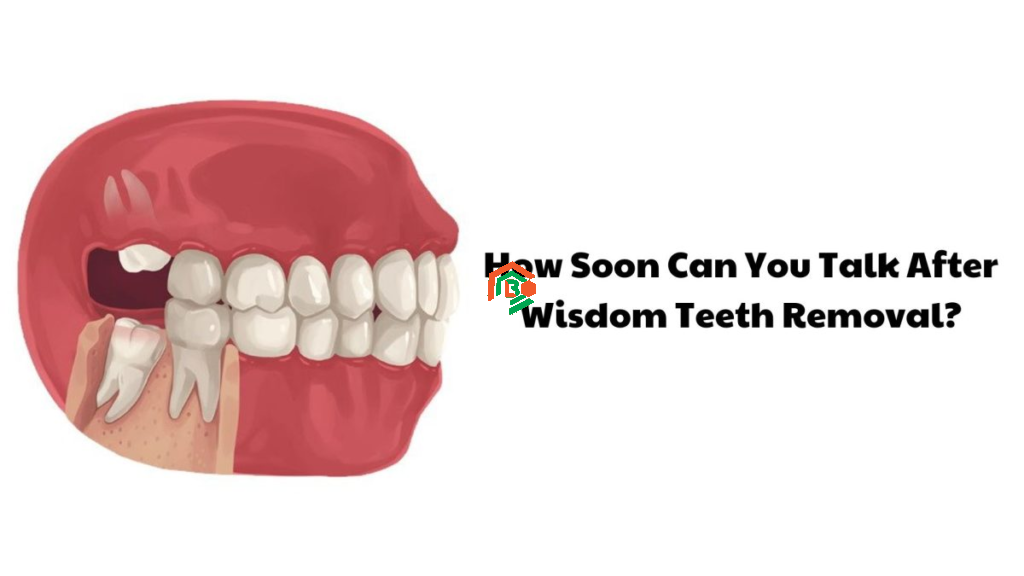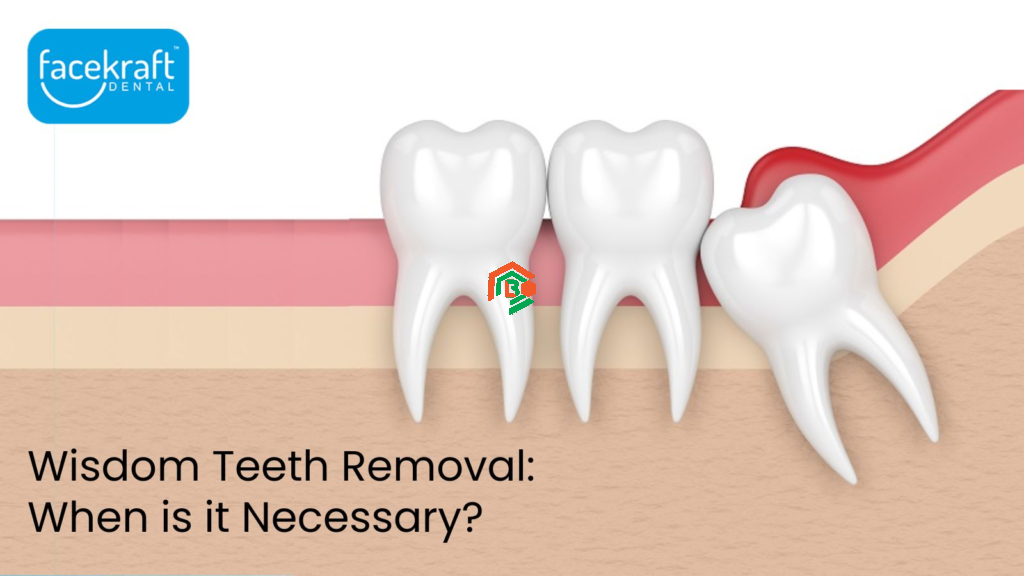For years, dentists and oral surgeons have recommended removing wisdom teeth as a standard procedure. Many people believe that wisdom teeth are unnecessary and only cause problems. However, recent studies show that removing them without a valid reason can do more harm than good. Experts now say that if your wisdom teeth are not causing pain or other dental issues, it’s best to leave them alone. So, why the sudden change in opinion? Let’s dive deep into this topic and understand why keeping your wisdom teeth might be the better choice.
What Are Wisdom Teeth and Why Do We Have Them?
Wisdom teeth, also known as third molars, are the last set of teeth to develop in the human mouth. They usually emerge between the ages of 17 and 25. These teeth were essential for our ancestors, who had a rough diet consisting of raw plants, meats, and nuts. Their jaws were larger, allowing wisdom teeth to fit properly.
However, as humans evolved, our diets became softer, and our jaws became smaller. This change has led to wisdom teeth often becoming impacted, meaning they don’t have enough space to grow properly. While many believe that wisdom teeth have no real purpose today, some experts argue that they still play a role in our dental health when they grow in correctly.
Why Experts Say You Shouldn’t Remove Them Anymore
For decades, wisdom tooth extraction was a routine procedure, even when the teeth were not causing problems. Dentists recommended removal as a preventive measure to avoid potential future issues. However, new research suggests that removing wisdom teeth unnecessarily can lead to complications.
Experts now say that keeping your wisdom teeth may be beneficial if they are not impacted, infected, or causing pain. Studies indicate that only a small percentage of people develop serious issues from their wisdom teeth, meaning most extractions are unnecessary. Additionally, modern dental care allows people to maintain their wisdom teeth without problems.
The Risks of Unnecessary Wisdom Tooth Removal
Many people assume that wisdom tooth extraction is a simple and harmless procedure. However, removing these teeth without a valid reason can lead to several risks, including:

- Infection – The removal site can become infected, leading to pain and swelling.
- Nerve Damage – Wisdom teeth are close to important nerves in the jaw. Removing them can sometimes cause permanent numbness or tingling in the tongue, lips, or chin.
- Dry Socket – This painful condition occurs when the blood clot protecting the extraction site is dislodged.
- Jawbone Weakening – Removing a wisdom tooth can weaken the surrounding jawbone, making it more prone to fractures.
- Longer Recovery Time – Healing from wisdom tooth extraction can take weeks, especially if complications arise.
These risks highlight why experts now recommend keeping your wisdom teeth unless there is a valid medical reason to remove them.
When Should Wisdom Teeth Be Removed?
Although unnecessary removal is discouraged, there are cases where wisdom teeth should be taken out. Removal may be necessary if you experience:
- Severe pain or discomfort
- Impacted wisdom teeth that cannot emerge properly
- Infections or abscesses around the wisdom teeth
- Damage to nearby teeth due to overcrowding
- Cysts or tumors developing around the wisdom teeth
If your wisdom teeth cause any of these problems, your dentist may recommend removal. Otherwise, keeping them is generally the best option.
Can Keeping Your Wisdom Teeth Be Good for Your Health?
Many people believe wisdom teeth are useless, but they can actually provide benefits. If your wisdom teeth are healthy and properly aligned, they can:
- Help with chewing and grinding food
- Provide additional support for surrounding teeth
- Help maintain jawbone density
- Prevent unnecessary dental procedures
By keeping your wisdom teeth in good condition, you can maintain better oral health without the risks associated with removal.
Signs That Your Wisdom Teeth Are Fine
How do you know if your wisdom teeth are healthy? Here are some signs that indicate your wisdom teeth do not need removal:
- They have fully erupted and are properly aligned
- There is no pain, swelling, or discomfort
- Your gums around the wisdom teeth are healthy
- You can clean them easily with brushing and flossing
If your wisdom teeth meet these criteria, there is no need to remove them.
What If Your Wisdom Teeth Are Growing In?
When wisdom teeth start to emerge, they can cause discomfort. This does not always mean they need to be removed. Here’s what you can do:
- Monitor for pain or swelling – Some discomfort is normal, but severe pain may indicate a problem.
- Maintain good oral hygiene – Keep the area clean to prevent infections.
- Consult a dentist – A professional can check if your wisdom teeth are growing in correctly.
If your wisdom teeth are coming in without causing major issues, there is no reason to rush into extraction.
How to Take Care of Your Wisdom Teeth
Proper care can help you keep your wisdom teeth healthy. Follow these tips:
- Brush and floss regularly – Pay extra attention to the back of your mouth.
- Use an antibacterial mouthwash – This helps prevent infections.
- Visit your dentist regularly – Routine checkups ensure your wisdom teeth stay healthy.
- Avoid hard or sticky foods – These can get stuck around your wisdom teeth, leading to decay.
Good oral hygiene can prevent most wisdom tooth problems, making extraction unnecessary.
Does Everyone Need Their Wisdom Teeth Removed?
No, not everyone needs their wisdom teeth removed. Studies show that about 60-70% of people can keep their wisdom teeth without issues. However, many dentists still recommend removal due to outdated beliefs.

Experts now agree that unless wisdom teeth are causing problems, they should be left alone. Over-treatment and unnecessary extractions can lead to avoidable complications.
What Happens If You Remove Them for No Reason?
If you remove your wisdom teeth when there is no real need, you may face several problems, including:
- Unnecessary pain and discomfort
- Potential nerve damage
- Increased risk of infections
- Longer healing time
- Loss of natural teeth that could have been useful
It is always best to get a second opinion before deciding on wisdom tooth removal.
Thoughts: Should You Remove Your Wisdom Teeth?
The idea that everyone must remove their wisdom teeth is outdated. New research shows that in most cases, keeping them is the best option. Unless they cause pain, infection, or other serious issues, removing wisdom teeth is unnecessary and could even be harmful. Experts now recommend evaluating each case individually rather than following a one-size-fits-all approach.
The Bottom Line
Wisdom tooth removal has been a common practice for years, but experts now say it is often unnecessary. If your wisdom teeth are healthy, aligned, and not causing problems, you should keep them.


